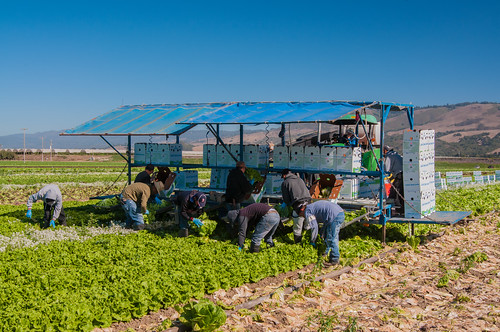You are committed to the idea of planting a garden that uses organic methods to grow healthy plants. The following tips and tricks will help prepare you begin your organic garden.
Try using aspirin water to get rid of plant diseases. Dissolve 1 aspirin (1.5 pills per 2 gallons of water for a bucket and administer to your plants. You can easily spray the solution on your plants to assist them in warding off diseases. Use this method to spray your plants every three-week period.
The ideal temperature to set your thermostat for indoor plants is between 65-75 degrees Fahrenheit during the day. The temperature needs to remain warm so the plants can grow. If you wish to keep your house cooler than that, try a heat lamp to use on your organic plants instead.
It’s simple to lay a new perennial garden. Use your spade to slice chunks of turf up, turn the turf over, and spread wood chips on top to a depth of four inches. Wait two weeks, and then you are ready to jump right in with digging and planting.
When a seed actually sprouts, they can survive in somewhat cooler temperatures. Check on your seeds often so you catch them when to remove the films.
Make sure you work in your garden.Don’t waste your time looking all over for missing tools. Prepare them all ahead of time and have them handy before you need to garden, and put them away nicely when you are done. If you use lots of tools, use a tool belt or even pants that have quite a few pockets.
Have plastic bags on hand to put over dirty gardening shoes if they are muddy.
Spacing is an important factor in gardening. You can easily underestimate how much space the plants need as they grow. Plan accordingly and leave enough space between the seeds.
Plant Material
Your compost pile should contain green plant materials and dried ones in equal amounts.Green plant material consists of spent flowers, fruit waste, leaves, grass clippings, and leaves. Dried plant material includes straw, shredded paper, shredded paper, straw, and cut-up and dried wood material. Avoid using ashes, meat, charcoal and diseased plants in your compost.
Now you should be much more prepared when it comes to organic gardening. If you thought you were prepared previously, then you should be at a pro’s level now! The different tips and methods you can use are endless, and as long as you can follow and implement the information correctly, you should have no trouble growing a fantastic garden this season.

